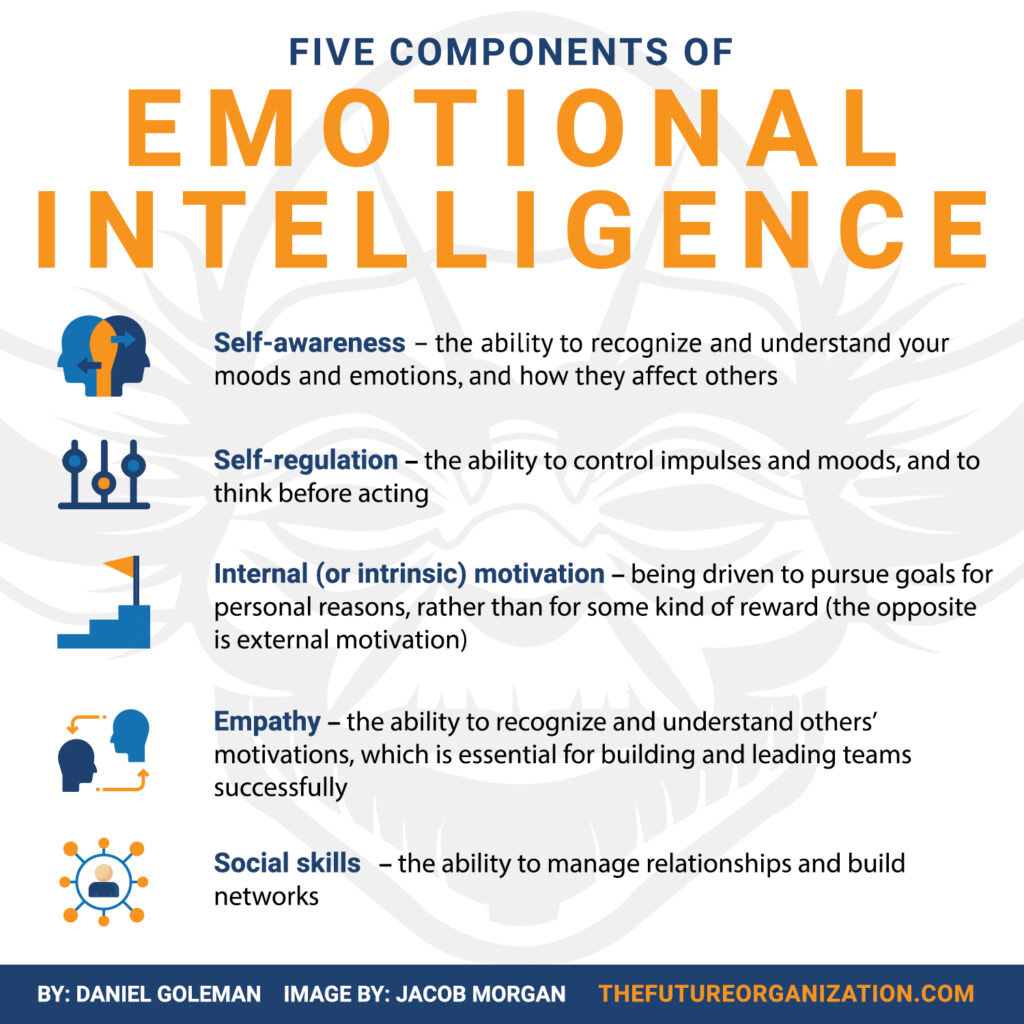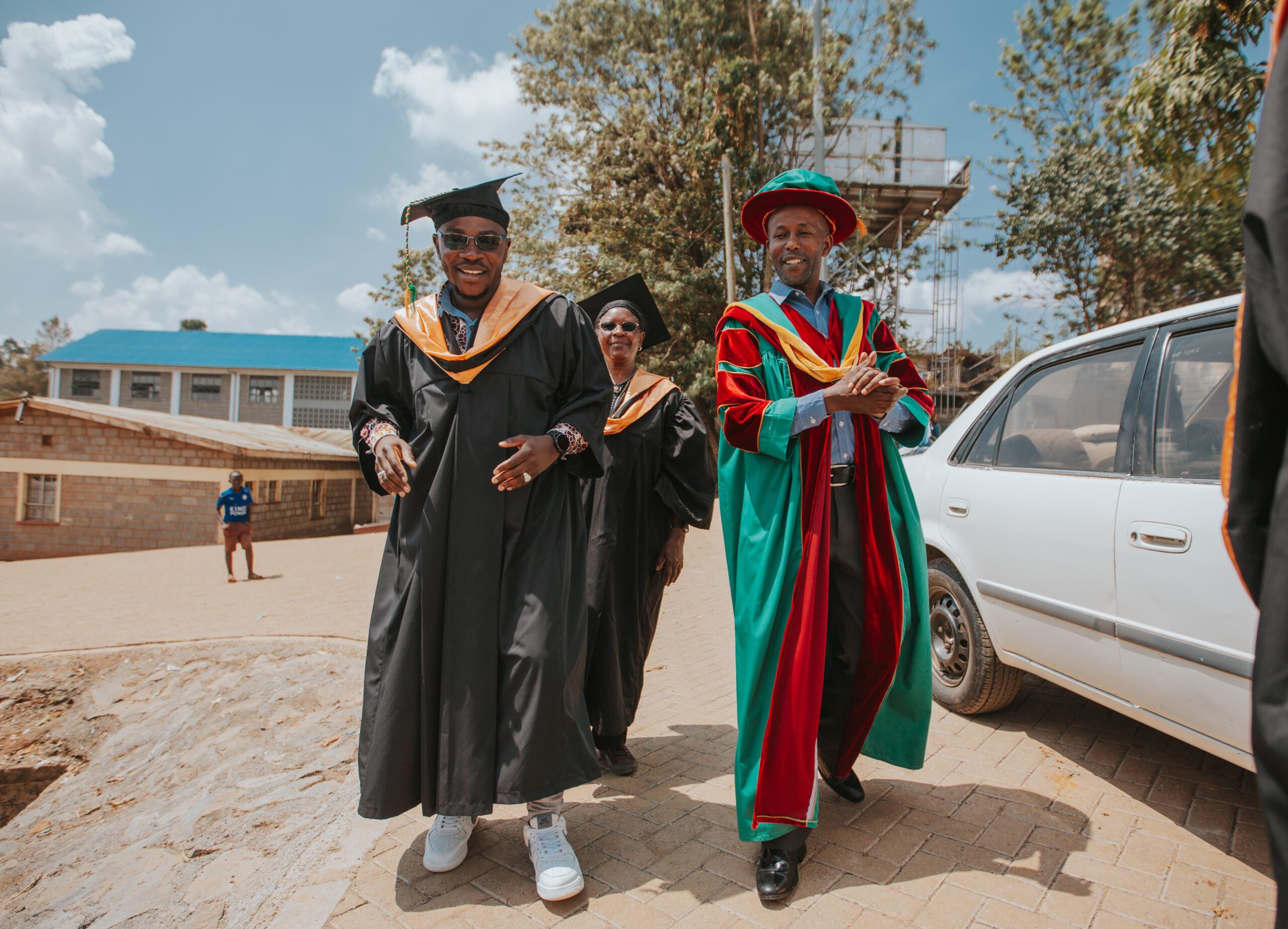The transition from formal secondary school to tertiary education has life-long positive and/or negative effects depending on the choice that one makes at the crossroads.
 Many young people joining the tertiary institutions, continue with the study habits formed in high school including dependency on parents/guardians and on the teaching staff.
Many young people joining the tertiary institutions, continue with the study habits formed in high school including dependency on parents/guardians and on the teaching staff.
This is a clear indicator that students are not bridging the gap between high school and college quickly and effectively enough and hence face the risk, if not of dropping out, they underperform and experience a lack of fulfillment.
The increasing number of students that enroll in tertiary education, only to drop out before completion, is alarming, despite the scanty literature, in relation to Kenya.
Not only do guardians feel that the meager financial resources have been wasted, but they also address the time waste.
Transitioning students are highly diverse, in terms of both demographics and preparedness for tertiary study.
Whether undergraduate or postgraduate, they arrive at university with baggage and expectations as well as varying levels of preparation and doubts about college life. Not surprisingly, many are either not overly familiar or have completely ill-informed preconceptions about what might be encountered in the course of their choice.
These factors impact on their ability to achieve their best or ultimately influence their decision to drop out.

The choice of what to undertake at the tertiary level is very important.
This process requires basic emotional intelligence which influences the decision-making process of the students just like all human beings. If individuals have difficulty experiencing, perceiving, and identifying feelings, the likelihood that emotions will positively facilitate their career decision-making processes is greatly diminished.
This decision is for many, the final touch on a career that is to dictate one’s contribution towards the remaining part of their life. Taken hurriedly and unthoughtfully, it leads to disillusionment. However, given proper attention, it leads to a life of positive contribution, fulfillment, and happiness.
One way that can lead to a greater sense of well-being is experiencing meaning in life, an idea that has received attention in career literature. For example, the experience of meaning and purpose in life and career is a central component of a sense of calling or vocation to one’s career.
Therefore, it is prudent for any mentor, or parent/ guardian to put aside some time and resources to address this very important need.
The PICO program allows the participants, time to pause and reflect on where they have come from and hence inform them where they are going. It opens them to an understanding of their personalities and temperaments.
The process invites the participants to address and unveil their talents within the Multiple Intelligence framework.
Through training inputs including outdoor participatory learning activities and five sessions of professional psychological counseling all amounting to 80 hours, the student’s journey with qualified mentors.
Relevant career development possibilities and work opportunities both in formal, informal, public, and private sectors are addressed.
This becomes a foundation of personal vision which guides the young people towards responsible personal development.
This program targets all form two and three students as they decide on their careers. It is available for individuals, families, and all institutions working with young people.



well, you are doing a good job. Helping our young people is giving shape to our future as a country.
Thank You Sir Eluid, the youth are such a gem. We believe in building up a youth that can make solid career choices and employ leadership skills with a difference. Engage with us on our social media platforms for more info and insights on our programmes.